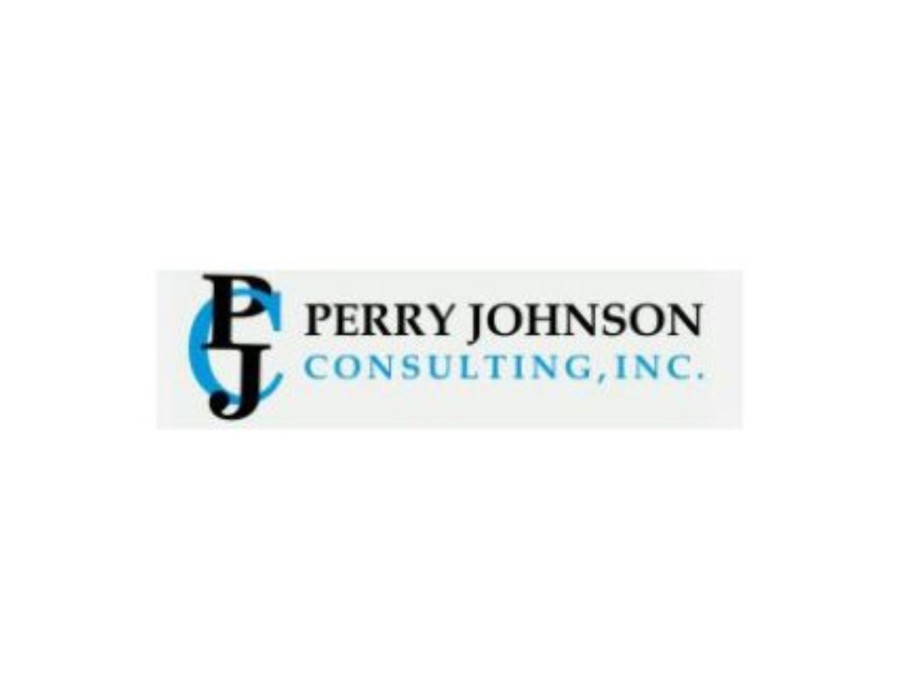Data breaches are making headlines every day, and the biggest reason behind them isn’t always sophisticated hacking—it’s human error. For manufacturers that handle sensitive designs, pricing, and client details, even a small mistake can lead to huge financial losses, halted production, or ransom demands. That’s why more companies are turning to ISO 27001. This standard doesn’t just add another certificate to the wall—it builds a complete system to reduce risks, protect vital information, and keep the business running smoothly.
Why Human Error Is the Biggest Threat
Most people think data breaches are caused by clever hackers breaking through complex systems. In reality, studies show that nearly all data breaches happen because of human mistakes. Employees might click on suspicious links, use weak passwords, or send sensitive files to the wrong person.
These small errors can open the door to massive problems, such as:
- Stolen customer or employee data (like social security numbers)
- Exposure of confidential business plans or proprietary processes
- Financial losses from fraud or regulatory fines
When this happens, companies don’t just lose data—they lose the trust of customers, partners, and investors.
The Real Cost of Data Breaches
Data breaches are not only embarrassing—they can be crippling. For manufacturers, who often rely on precise operations and supplier relationships, this risk is even higher. Many manufacturers hold sensitive design files, pricing agreements, and operational blueprints. If hackers steal this data, they could:
- Demand ransom payments to unlock the company’s own information
- Sell or leak competitive secrets
- Freeze production until a company pays up
In fact, several manufacturing companies have already experienced such ransomware attacks. Most don’t admit it publicly, but the damage is real—lost business, halted operations, and damaged reputations.
How ISO 27001 Minimizes Risk
ISO 27001 is an international standard that lays out clear requirements for an Information Security Management System (ISMS). Unlike many security efforts that focus only on technology, ISO 27001 takes a wider view. It connects people, processes, and technology into a single framework.
By following ISO 27001 requirements, companies build systems that:
- Identify where sensitive data is stored and who has access
- Set rules for secure passwords, data transfers, and device use
- Train employees regularly to avoid common mistakes
- Plan how to respond quickly if something goes wrong
This approach doesn’t just protect against hackers. It also reduces the chance of costly slip-ups by employees.
A Strong Fit With Other ISO Standards
Many manufacturers are already certified to ISO 9001 (quality management) or ISO 14001 (environmental management). ISO 27001 fits naturally with these because it’s also a management system. Together, they build a culture of discipline and accountability across all parts of the business.
Key advantages:
- Easier integration with existing audits and process controls
- Shared documentation and training systems
- Company-wide risk awareness—not just in IT
Why Certification Matters for Your Business
Some companies only implement security controls to pass an audit. But getting ISO 27001 certification assistance from experienced experts takes it a step further. Certification proves to clients and partners that the business is serious about protecting sensitive information.
Benefits include:
- Reduced likelihood of costly breaches or ransomware attacks
- Smoother compliance with data privacy laws
- Stronger position during contract negotiations, since customers feel safer
For many manufacturers, the real value isn’t about having a certificate on the wall. It’s about knowing the company is far less likely to be shut down by an unexpected security incident.
Wrapping It Up:
In today’s world, every company holds valuable data. By choosing ISO 27001, manufacturers and other businesses show they’re prepared to guard that data—protecting customers, employees, and themselves. This proactive step doesn’t just reduce risk. It sends a clear message that the company is reliable, secure, and ready for long-term success.





Comments